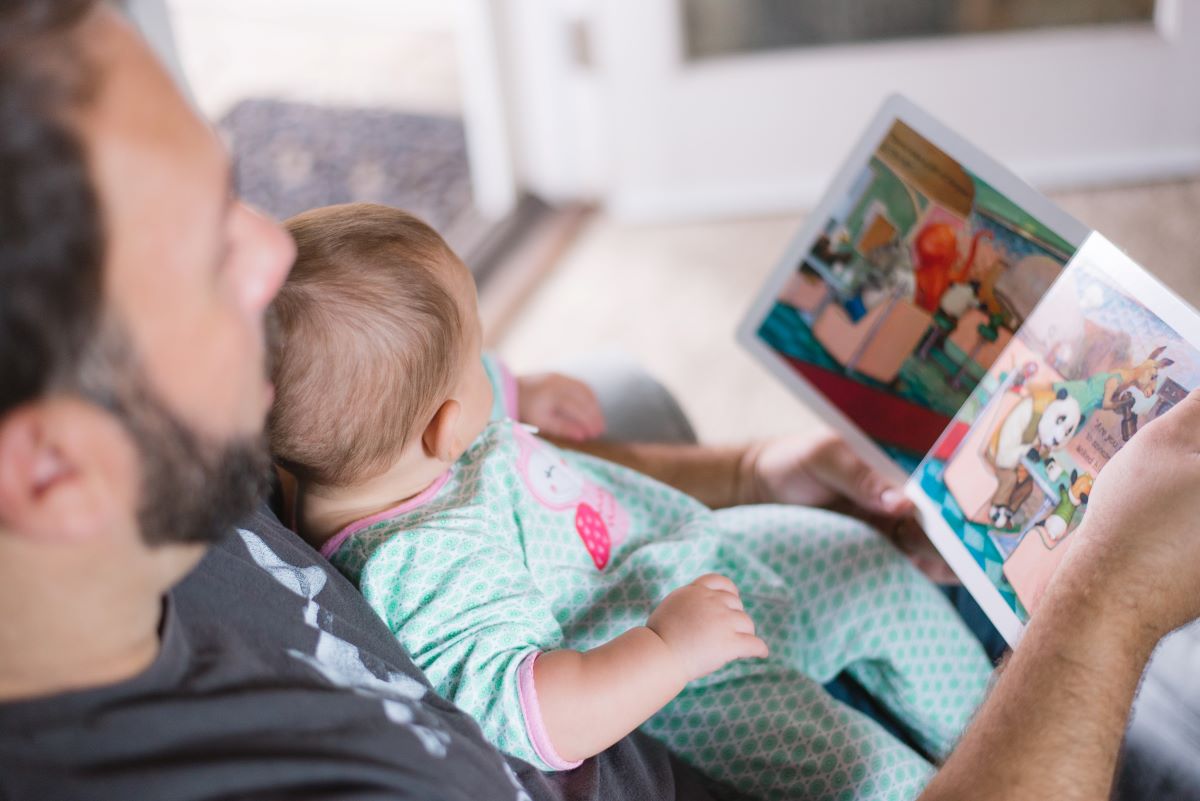 One factor the Court's may look to in custody cases is the child's preference. This is the factor that parents often ask about the most. Will my child's voice be heard? Will the Court take into consideration how my child feels about each parent? The short answer is yes but with a caveat.
One factor the Court's may look to in custody cases is the child's preference. This is the factor that parents often ask about the most. Will my child's voice be heard? Will the Court take into consideration how my child feels about each parent? The short answer is yes but with a caveat.
At What Age Can a Child Decide Which Parent to Live With?
Pennsylvania law states that a child's custodial preference must be well-reasoned and based on maturity and judgment. The court does not have a minimum age for taking the child's preference into consideration. A child's wishes or feelings regarding each parent will not be the determining factor of a custody case. As stated in other blog postings, all factors are given equal weight before the court. However, a child's preference may tip the balance towards one parent or another to determine the custody schedule that is in the best interest of the child.
To learn more about child custody in Pennsylvania, call our Pittsburgh child custody attorneys at (412) 281-1988 or contact us online today.
What Opinions Will the Court Consider?
If the child can express a well-reasoned and mature opinion, it will be taken more seriously by the Court. The reasonableness of the opinion will vary with the child's age, maturity, intelligence, and the reasons the child articulates for wanting a particular custodial arrangement or to live with a particular parent. For instance, if a small child wanted to stay with his father because dad has the "fun house" with new toys and games, the judge would give very little weight to the child's opinion. But if an older child testified that she wanted to live with her mother because her father does not have a room for her, then the court would give a great deal more weight to that child's opinion.
How Will the Judge Speak to My Child?
The testimony of a child will be left up to the Judge presiding over the case. If the Judge determines that hearing from the child is appropriate, the Judge will speak with the child in a more informal manner. The Judge may take off his/her robe, sit next to the child, or speak with the child in Chambers. This allows the child to be more at ease in an already stressful situation. The attorneys involved in the case will be present but the parents themselves cannot be.
The child's preference is often the question most parents ask. As stated, it will be taken into account given the child's age and maturity. However, parents should not rest their case on the chance that the Judge will speak with their child.
Click here for the print-friendly PDF format.

